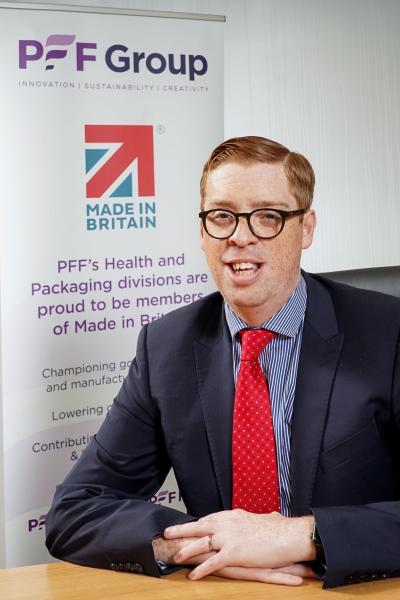
The new chancellor’s mini-budget has been announced against a backdrop of soaring inflation and a stagnant economy. The focus of the announcement is, unsurprisingly, on driving economic growth through additional borrowing to support individuals and businesses who are under increasing financial pressure, as well as looking to encourage investment into the country from overseas.
Tax relief has been provided to businesses and individuals with a reversal of the national insurance contribution increase that was implemented in April 2022, A reduction of 1% on the basic rate of income tax, and a scrapping of the proposed rise in corporation tax from 19% to 25%. There was also further relief for the highest earners with the 45% income tax band for earnings over £150,000 being scrapped.
The recently announced energy package for businesses and individuals will also be a welcome relief on finances through the winter.
It was also announced that new ‘investment zones’ would be introduced around the country which would allow businesses to benefit from enhanced tax reliefs covering business rates, national insurance contributions, stamp duty reliefs, and enhanced capital allowances. Being a business based in the North East, which may fall into one of these zones, this initiative is one we will watch closely and see how it supports our growth ambitions in the coming years.
Overall, the announcement is bold and will undoubtedly offer short-term financial support to businesses and individuals as we look to navigate a challenging winter. The announcements around stamp duty, higher earnings income tax relief, and corporation tax being maintained at 19% are clearly aimed at economic growth, with the aim to reap the benefits from a stronger economy in years to come. The support packages however will come at a significant cost to the country, which will be funded by borrowing.
The strength of economic growth in the coming years will determine whether the additional borrowing was worth it.
Return to News